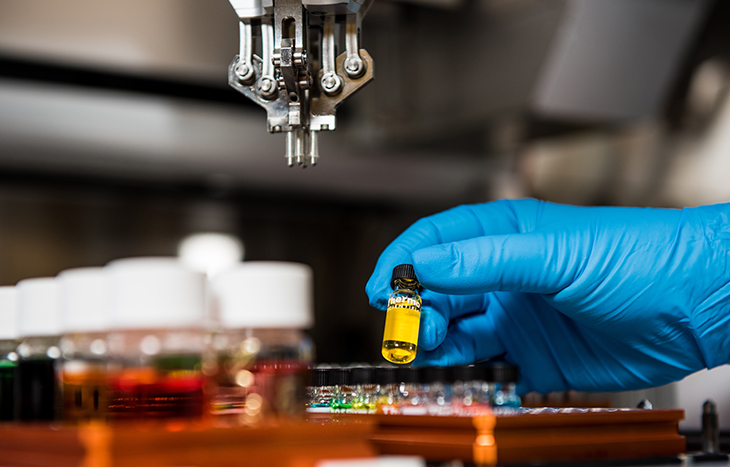

Good Manufacturing Practice: A crucial part of Pharmaceutical Manufacturing
Pharmaceutical manufacturing companies are always looking for ways to improve their products efficacy while maintaining their quality. An upgrade in technology brings with it ample opportunities for process improvements. However, an upgrade can also become an open door for problems and unwanted occurrences. In such times, maintaining the quality assurance of the product becomes essential to the survival of the business.
Manufacturing practices need to adhere to some quality standards. These standards are defined by various national and international agencies. One of them and a major one is Good Manufacturing Practice or GMP. GMP is the pharma industry’s fundamental guidelines prescribed by regulatory authorities. They describe the standards pharma companies need to manufacture safe and effective drugs. GMP guidelines also known as cGMP (Current Good Manufacturing Practices) in the US, guide pharmaceutical manufacturers on what they should do to maintain their quality standards, not how they should do it. These guidelines prompt manufacturers to assure drug quality and therefore drug safety by utilizing the best and up-to-date manufacturing technologies and processes inn their operations.
GMP guidelines, in simple terms are the minimum requirements necessary to conform to the regulations enforced by various regulatory agencies. Therefore complying with GMP guidelines can be termed as vital for getting approval for their drugs. Every process involved with the entire drug manufacturing activity is applicable for Good Manufacturing Practice of the producer. The packagers, laboratories, distributors, even the API’s are included in the GMP guidelines. GMP covers multiple processes, machines, equipment and tools in the manufacturing facility. They cover the functioning and working of manufacturing operations including packaging, processing equipment, facility design and more.
For any pharmaceutical manufacturer, complying with GMP brings with it a number of cost-effective efficiencies. Thus it brings a better quality product at a lower cost. The disadvantages, however, can be very severe. The biggest downside is that the manufacturing costs may increase. Since the quality standards may have been updated, but the manufacturers’ processes are not. They may have to bear the cost of producing the upgraded product compliant with GMP quality guidelines. Hence, manufacturers need to proactively maintain the GMP regulations in their manufacturing operations. Ensuring compliance needs the right technology in your company. To be successfully good manufacturing practice or GMP compliant, manufacturers need to be diligent and strive for superior quality always. This means keeping up with the industry standards and the guidelines set forth by FDA and the other regulatory authorities.
GMP guidelines ensure that the product is safe and it will be effective with a high level of quality and purity. For this you need the right partners. Propack technologies is a leading manufacturing company in India. We design state-of-the-art process equipment and plans for your pharmaceutical operations. All our technologies are carefully implemented to be in compliance with good manufacturing practice guidelines. We have an outstanding record in providing formulation development and DMF filing services for our clients. We intend to transform the Indian pharma manufacturing industry by providing technologies that care.








Add your comment